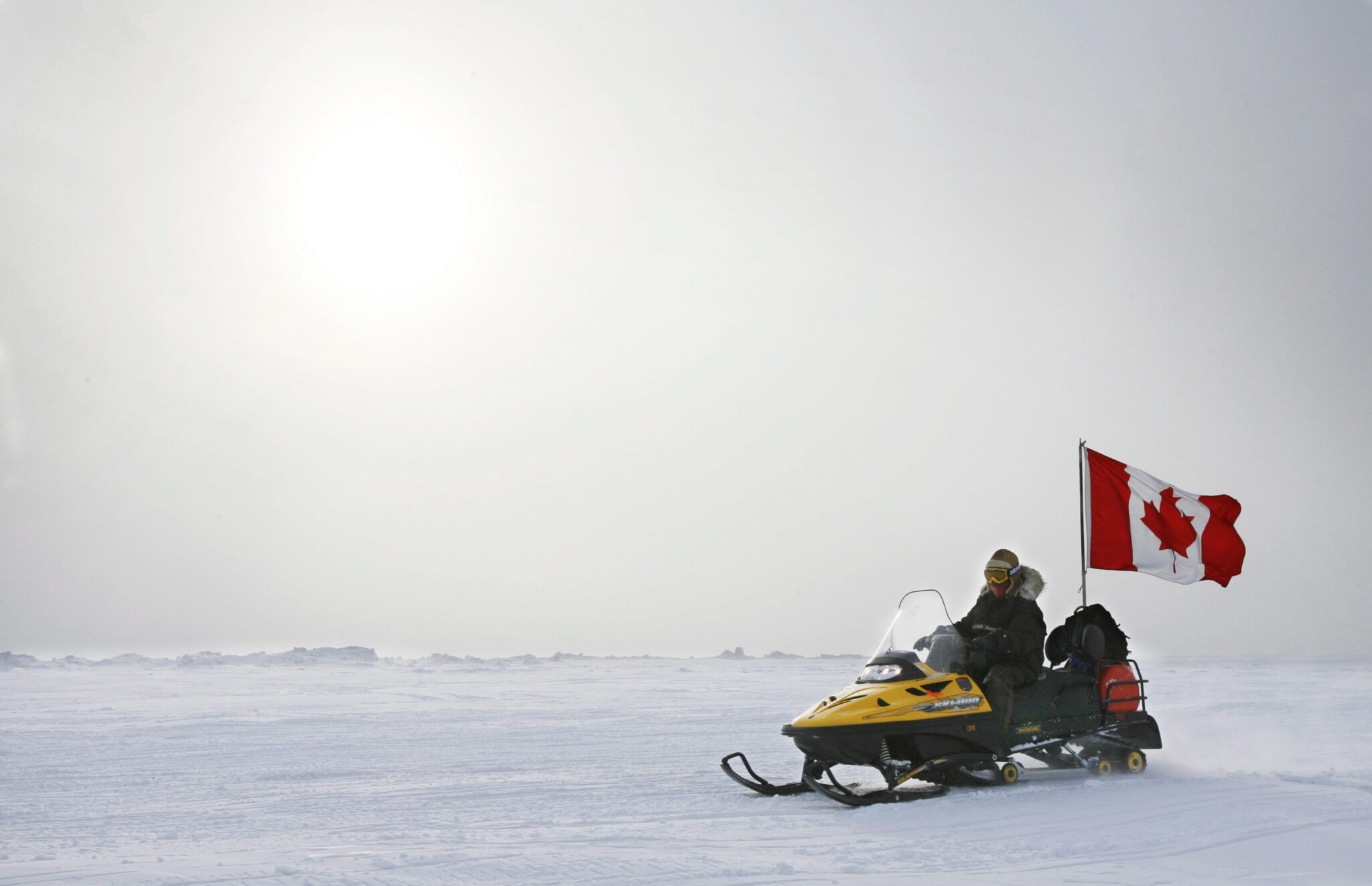Like the famous Hemingway line, without many Canadians noticing, the world has gradually, then suddenly, become a much more dangerous place. As Christopher Sands of the Wilson Center recently wrote, “Global crises will not wait until Canada is ready.”
In the past several weeks, Russia began testing NATO’s borders—unilaterally nullifying the maritime borders of NATO members Finland and Lithuania and removing border buoy markers with Estonia—in an effort to replicate its similar piecemeal expansion tactics seen in Ukraine and Georgia. China conducted military exercises near Taiwan in a continued attempt to bring it to heel in response to a growing Taiwanese independence movement, intensifying pressure in the region. And the war in the Middle East continues to threaten to boil over and draw more countries into the mix.
Despite all this, Canada is on the outside looking in on global security issues. A recent Hub DeepDive highlighted the depressing depths of our defence spending deficiencies. As a result, our influence on the global stage has fallen significantly, as with the relationship between the country’s diminished state capability and relevancy on key global issues inextricably linked. This lack of influence flows through to our foreign policy in other areas as well.
As Richard Shimooka has written in The Hub, “Ottawa will face more calls to make concessions—and will in fact be forced to make them—due to its weak bargaining position.” If this continues and Canada is seen to be an unreliable partner or not pulling its weight, other areas of international priority for us, most importantly CUSMA, could come under strain.
Any reliable long-term defence strategy for Canada must be politically practical, able to withstand governmental turnover, and fit as a part of the national psyche. We’re not going to be mustering vast armies, navies, or air forces. But we can still provide a clear value proposition to our allies that can operate within these constraints.
Canada can forge a politically sustainable and internationally helpful position by focusing on the Arctic. As others have noted: “Canada will be unable to shape the parameters of the U.S.-China and NATO-Russia contests” in the North due to our limited capabilities. But we still have a clear national interest in asserting ourselves there. Assuming responsibility for safeguarding the northern approaches to North America would enable us to show our value to NATO, and more specifically, to the Americans.
For the Americans, it would relieve pressure in the region, and enable them to focus on the Pacific and Europe, while the Europeans could then focus on Europe. Incursions in the Arctic are a relatively low priority for the Russians and the Chinese in their own national interest, with the former prioritizing its “near-abroad” and post-Soviet states, and the latter in Southeast Asia. Because of these competing priorities amongst adversaries, Canada could secure the area for NATO at a relatively low cost, in terms of both men and materiel.
The recently released update from the Department of National Defence outlined the importance of the Arctic, but it framed it as part of a wide-ranging mandate that included climate change, a feminist foreign policy, and wider global instability. To be effective, Canada’s policy must be focused, politically sustainable, and concrete.
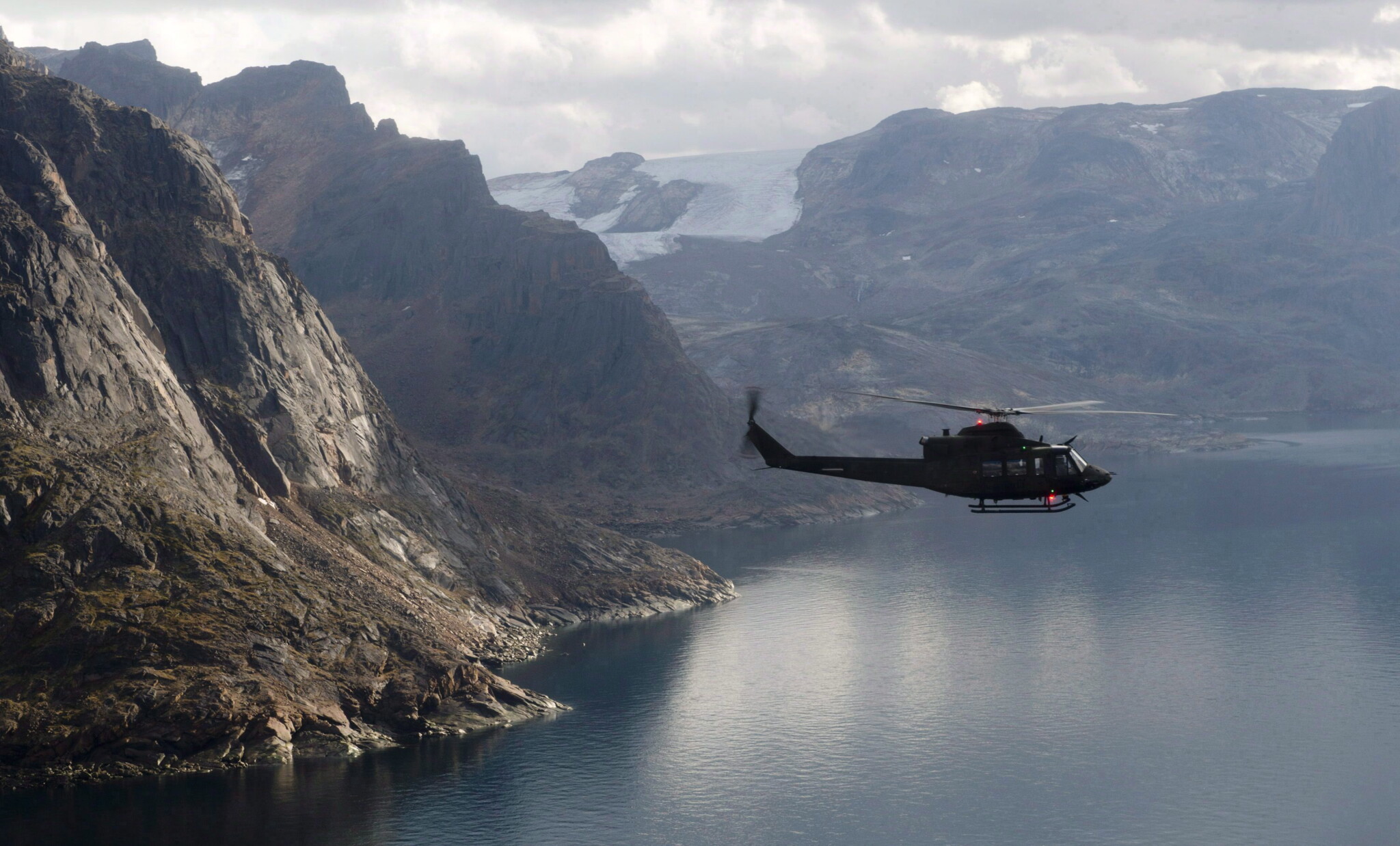
A Canadian military Griffon helicopter flies along the shoreline of Baffin Island as it moves personnel between Operation Nanook and Iqaluit, Tuesday August 26, 2014. Adrian Wyld/The Canadian Press.
Domestically, an outright focus on the Arctic as the country’s defence priority would be more attractive because it would fulfill an international contribution without Canadians being sent overseas. Additionally, it could be paired with an appeal to securing Canada’s Arctic sovereignty, something that is consistently popular with voters across the country. As an Ipsos poll found in August 2023, 73 percent agreed that more military bases should be built in the far North to protect Canada’s Arctic. This nearly matches the 75 percent who think that the country needs to increase defence spending to protect Canadian sovereignty.
Not only is Arctic security currently popular, but it has been for a long time, which should help to provide confidence for political parties seeking to put forward an Arctic defence strategy. Strong public support is vital to building a long-standing strategy and would make it more politically attractive than other military-related policies.
Focusing specifically on the Arctic can enable us to develop the tactics, equipment, and human knowledge necessary to be strong and resolute defenders of the North. Deep-cold-weather-capable surveillance drones, better mapping of underwater areas, and unmanned undersea drones are just a few examples of how Canada can develop capabilities.
As a whole, this type of defence specialization could help to spur domestic economic development outside the traditional military procurement channels, which have been roundly criticized for cost overruns and time delays. With the future possibilities for drone military technology being shown today in Ukraine, there is no reason to think that constrained Canadian military budgets could not find attractive cost savings.
Building our capabilities in the North will be an ideal proving ground for Canada’s defence future. Not only can it find political resonance among Canadians and key allies, but it will improve Canada’s institutional knowledge of how to engage in significant military deployments to counter another state, something that has atrophied since the end of the Soviet Union in 1991. And if the world continues to become more dangerous in the future, we will be ready for further defence commitments.
Recommended for You
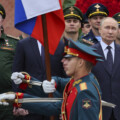
‘Putin has no intention of stopping this war’: Sir Bill Browder on three years of war in Ukraine and how Russia is evading sanctions
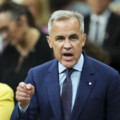
The Weekly Wrap: The Liberals must abandon their internet regulation agenda
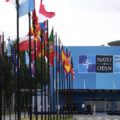
‘This is going to take a carefully executed strategy’: Ann Fitz-Gerald on whether Canada will ever spend 5 percent of its GDP on defence
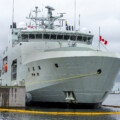
DeepDive: It’s time to end the boom-and-bust cycle of Canadian shipbuilding

